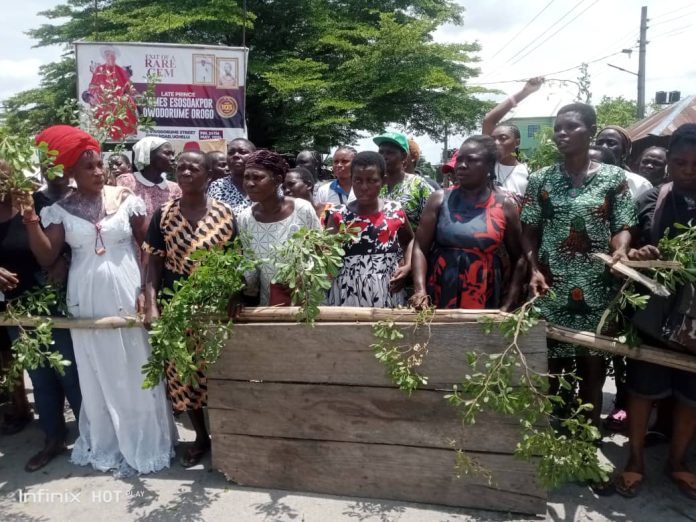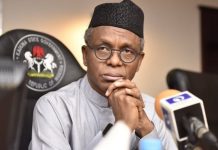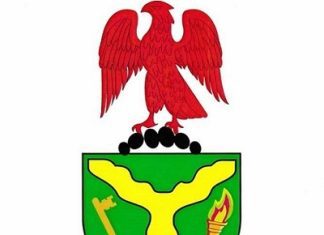

Since Nigeria’s return to civilian rule in 1999, the nation has witnessed a series of protests reflecting the populace’s persistent demand for better governance, social justice, and economic reforms.
These protests, ranging from anti-fuel hike demonstrations to the globally recognised #EndSARS movement, have played a crucial role in shaping Nigeria’s political landscape.
Each wave of protests underscores the citizens’ resilience and determination to hold their leaders accountable and address systemic issues.
According Online reports that Nigerians are gearing up for a nationwide protest on August 1 against hunger and hardship stemming from economic policies and subsidy removal under President Bola Tinubu.
Additionally, the recent ban by network providers on millions of subscribers over the weekend has led to protests in major cities across the country, including Lagos, Osogbo, Oyo, and Niger, among others.
This timeline provides an overview of the major protests that have erupted in Nigeria over the past two decades, highlighting the key events and underlying causes driving these collective actions.
1999 – 2009
1. 2000 – Sharia Law Protests:
The introduction of Sharia law in some northern states led to protests and violent clashes.
2. 2003 – Anti-Fuel Hike Protests:
Widespread protests were organised by labour unions against the government’s decision to increase fuel prices.
3. 2005 – Occupy Nigeria (Early Protests):
Protests against corruption and poor governance.
4. 2007 – Electoral Protests:
Protests against the alleged rigging of the presidential elections won by Umaru Musa Yar’Adua.
2010 – 2015
5. 2010 – Anti-Fuel Subsidy Removal Protests:
Protests against the removal of fuel subsidies led to increased fuel prices.
6. 2012 – Occupy Nigeria:
Massive nationwide protests against the removal of fuel subsidies which significantly increased the cost of living.
7. 2014 – #BringBackOurGirls:
A global movement and protests following the kidnapping of over 200 schoolgirls by Boko Haram in Chibok, Borno State.
2016 – 2020
8. 2016 – Biafra Agitations:
Protests by the Indigenous People of Biafra (IPOB) for the secession of the Southeast region.
9. 2017 – Anti-Buhari Protests:
Protests demanding President Muhammadu Buhari’s resignation due to prolonged medical leave abroad.
10. 2018 – NLC Protests:
Strikes and protests by the Nigerian Labour Congress (NLC) demanding an increased minimum wage.
11. 2020 – #EndSARS Protests:
Nationwide protests against police brutality, specifically the Special Anti-Robbery Squad (SARS), resulted in significant international attention and the eventual disbandment of SARS by the Nigerian government.
2021 – Present
12. 2021 – #EndSARS Memorial Protests:
Memorial protests marking the one-year anniversary of the #EndSARS movement.
13. 2022 – ASUU Strike Protests:
Protests and strikes by the Academic Staff Union of Universities (ASUU) over unpaid allowances and inadequate funding of the education sector.
14. 2023 – Fuel Subsidy Removal Protests:
Protests against the removal of fuel subsidies by the new administration of President Bola Tinubu, leading to increased fuel prices and cost of living.
This timeline highlights some of the significant protests in Nigeria since 1999, reflecting ongoing issues related to governance, economic policies, human rights, and regional agitations.
Join Television Nigerian Whatsapp Now
Join Television Nigerian Facebook Now
Join Television Nigerian Twitter Now
Join Television Nigerian YouTUbe Now





